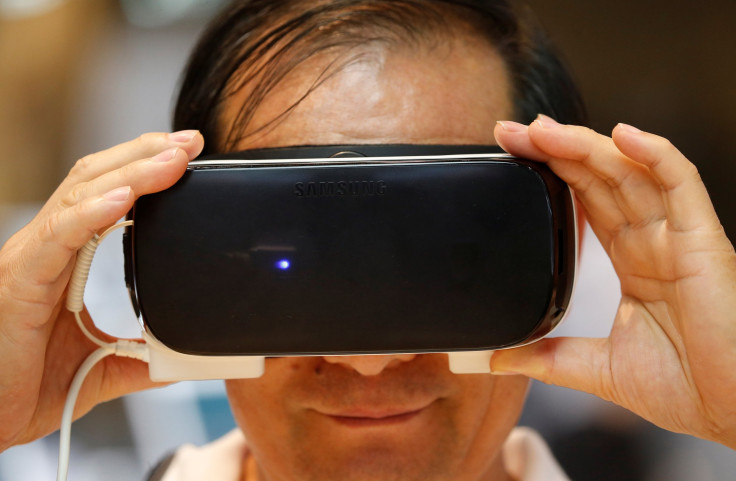Software Developer Suffers Eyesight Damage Due To Prolonged VR Headset Usage

KEY POINTS
- Software developer’s prolonged VR usage damaged his eyesight
- His eye doctor is convinced that the VR headset caused it
- Issue- He used a VR headset for around 6 hours daily for the past 4 years
Although there isn’t any evidence revealing the ill effects of Virtual Reality (VR) headsets, a software developer has now reported that his prolonged usage for almost 4 years has taken a toll on his eyesight.
Danny Bittman, a software developer by profession has used VR headsets for nearly 10,000 hours in the last 4 years. He has tweeted about his new prescription for glasses due for his eye convergence problem, which his ophthalmologist is convinced that his heavy VR headsets usage is to be blamed for, reported BBC.
He is an artist for Color Space- a virtual reality coloring book. He has been using VR for about 6 hours daily, in 30-minute sessions since 2016.
“My eyes jump when I read things like a screen or books. I've always had a small level of this but it's greatly intensified now. It's also linked to headaches and vertigo," Bittman told BBC.
He believes that his new glasses might correct the existing issue. But he also explained that, though the glasses with slits could help solve the issue, it doesn’t change the fact that his eyesight has degraded dramatically in the last 3 years.
Oculus VR- A division of Facebook Technologies, LLC, stated in its handbook that one in 4,000 might experience dizziness, seizures, eye or muscle twitching. It recommends users experiencing these symptoms to stop using the headset and consult an eye doctor at the earliest.
The association of Optometrists has denied seeing any evidence supporting that VR headsets could cause permanent damage to the eyes. However, there have been some studies pertaining to the effects of short-term use of VR headsets. But those did not reveal any kind of symptoms such as a deterioration in eyesight.
But doctors have warned that virtual reality- the computer-generated simulation of real or imaginary environment could lead to eye strain since it forces a person’s brain to process visual stimuli in a way different than they would normally do.
Several users have reported symptoms like nausea and dizziness while using VR headsets which has been attributed to motion sickness.
"If you spend all day in VR without a break, you'll need time to readjust to the light and the different visual environment of the real world. I would suggest taking a five-to-ten minute break each hour, using that time to move about, blink and look out of a window, or take a short walk,” Ceri Smith-Jaynes, from the Association of Optometrists, told the BBC.
© Copyright IBTimes 2025. All rights reserved.






















